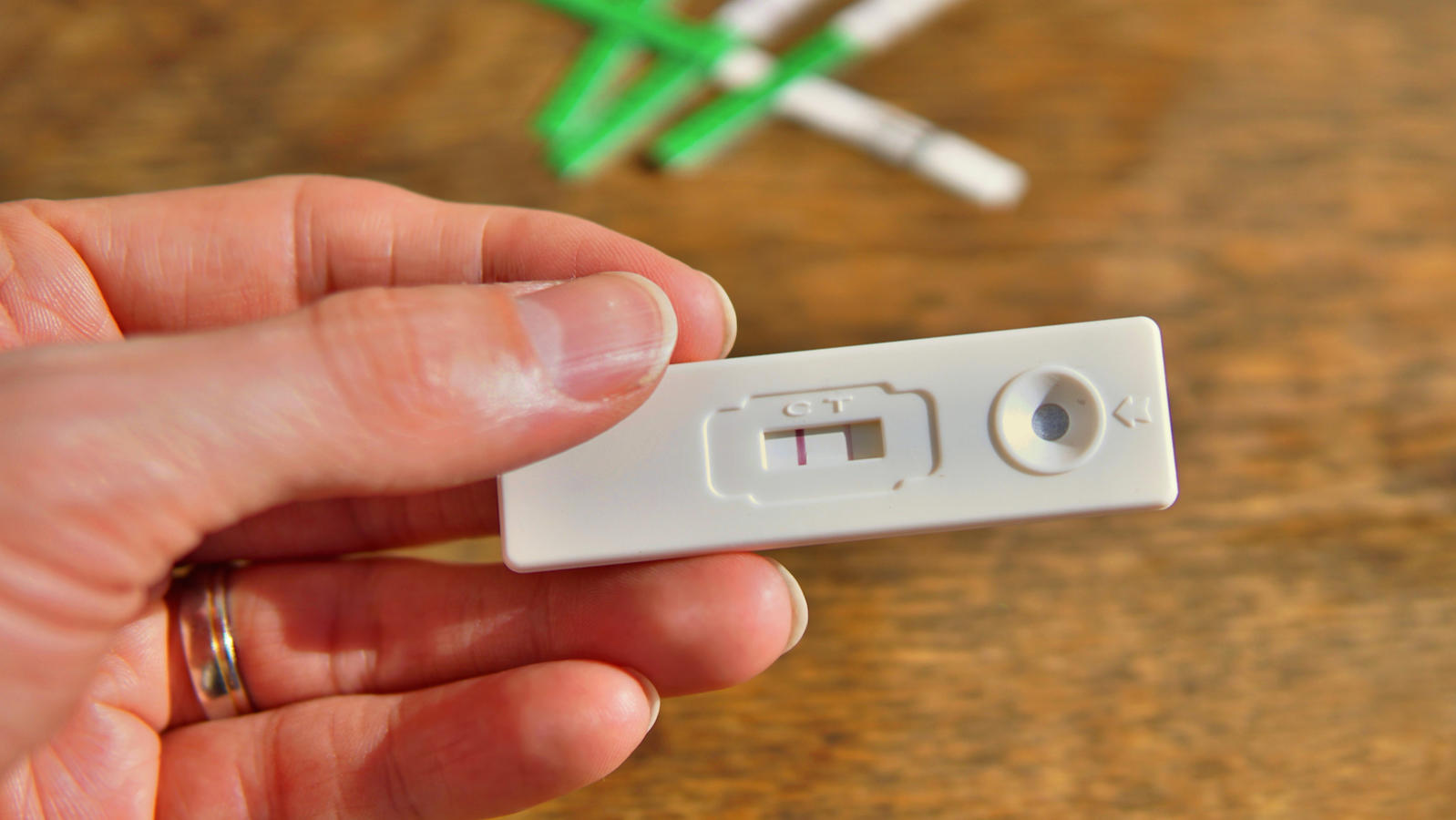One of the first commandments in the Torah is to “be fruitful and multiply,” and procreation has always been an important value in Jewish tradition. Modern medical technologies–such as artificial insemination, in vitro fertilization, and surrogate motherhood–can help people who have difficulty conceiving and bearing children. As a general rule, Jewish authorities do not object to fertility technology, but have concerns with some of the specific methods.
Artificial Insemination
“Artificial” insemination (AI) is the oldest form of non-traditional conception, and is usually divided into two categories: artificial insemination using a husband’s sperm (AIH) and artificial insemination using donor sperm (AID).
Most Jewish authorities allow AIH, though some, like Rabbi Eliezer Waldenberg, do so reluctantly and only in extreme situations. Because of the traditional prohibition against masturbation, there is some disagreement about how to retrieve the husband’s sperm. Some authorities suggest that the husband use a condom during sex and then retrieve the semen from the condom. Others allow masturbation in this situation, since the semen will be used to impregnate and will not be “wasted”–which would normally be a concern with ejaculation which does not take place during intercourse.
AID is more complicated. Some authorities, such as Rabbi Judah Leib Zirelson, consider AID to be adultery; Waldenberg believes that AID is akin to adultery and calls it “a great abomination.” However, according to others, such as Rabbis Moshe Feinstein and Ben Zion Uziel, there can be no adultery without intercourse.

Help us keep Jewish knowledge accessible to millions of people around the world.
Your donation to My Jewish Learning fuels endless journeys of Jewish discovery. With your help, My Jewish Learning can continue to provide nonstop opportunities for learning, connection and growth.
There are other reasons why AID might be problematic. Because a sperm donor is usually anonymous, some authorities are concerned that the offspring of an AID conception might end up marrying his or her sibling, committing unintentional incest.
Waldenberg and others cite this as a reason to prohibit AID, but because of the remoteness of this possibility and the prospect of using semen from non-Jewish men, many authorities are not concerned about potential incest. Still, even those Orthodox authorities that permit AID permit it only in extenuating circumstances. The Conservative and Reform movements both permit AID.
In Vitro Fertilization
In vitro fertilization (IVF), in which eggs extracted from a woman are fertilized outside of her body and then implanted in her uterus, raises several related issues. Usually, several eggs are taken for fertilization, and the “best” embryos are chosen for implantation. Jewish authorities have concerns about what to do with the unused zygotes (fertilized eggs). If they are discarded, is it akin to “wasting seed” or, more seriously, abortion? In the end, most Jewish authorities agree that an egg fertilized outside of a womb does not have any human status and can be discarded.
In addition, because the success rate of IVF is still relatively low, doctors often implant several zygotes to increase the chances of one of them attaching to the uterine wall and developing. If all or even many of them attach, however, then the woman will be carrying four or five embryos, potentially dangerous for both her and the developing fetuses
Selective abortion of some of the embryos is often recommended in such cases. While Judaism permits abortion when a woman’s life is in danger and some authorities permit abortion in other serious cases, actively pursuing a situation in which abortion might well be necessary is potentially problematic from the standpoint of Jewish tradition. Rabbi Elliot Dorff has suggested limiting implantation to two or three zygotes, thus avoiding even the potential need for selective abortion.
Surrogate Motherhood
Surrogate motherhood raises a host of (Jewish legal) and moral problems. In general, a surrogate is paid to incubate and give birth to a baby for another couple, and many rabbis are disturbed by this “commodification” of a woman’s body and the reproductive process. Others are concerned about the effect that it might have on the marriage of the couple trying to conceive. For these and other reasons, many rabbis–across denominational lines — reject surrogacy.
Others, however, believe that the legal and moral objections can be allayed and approve of surrogacy when it is the only possible way a couple can have children. However, there are lingering questions for these authorities as well, such as which woman is considered the child’s mother.



